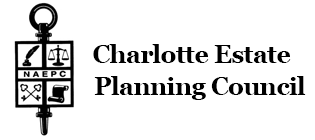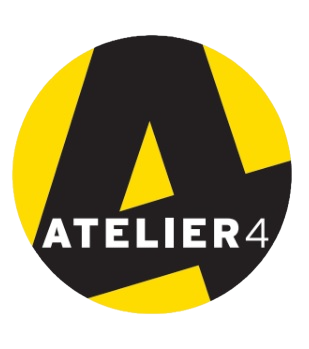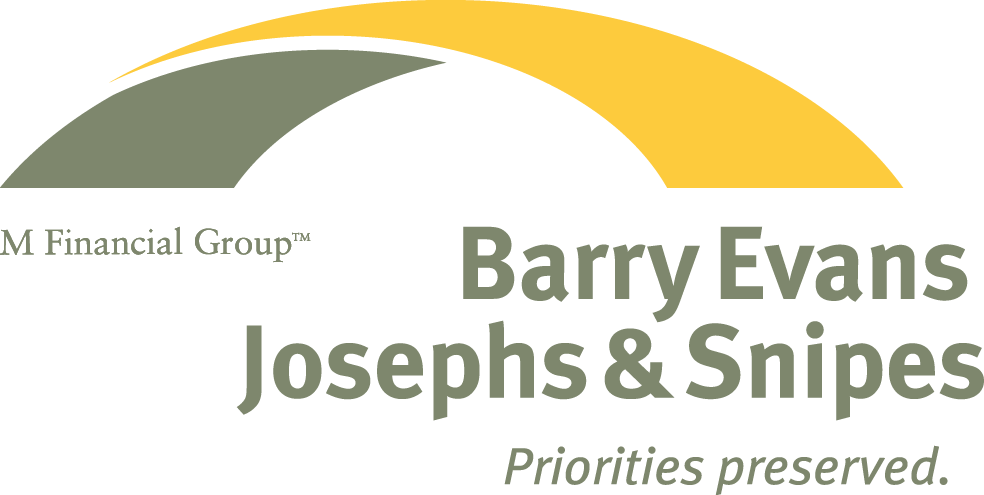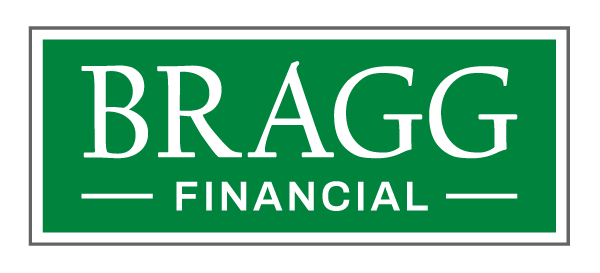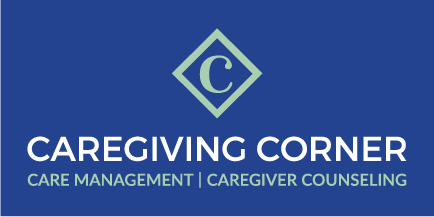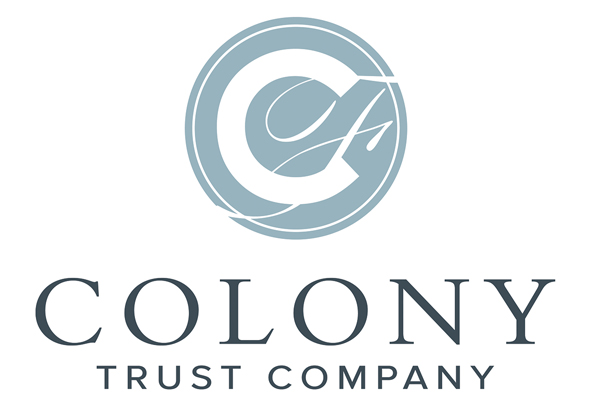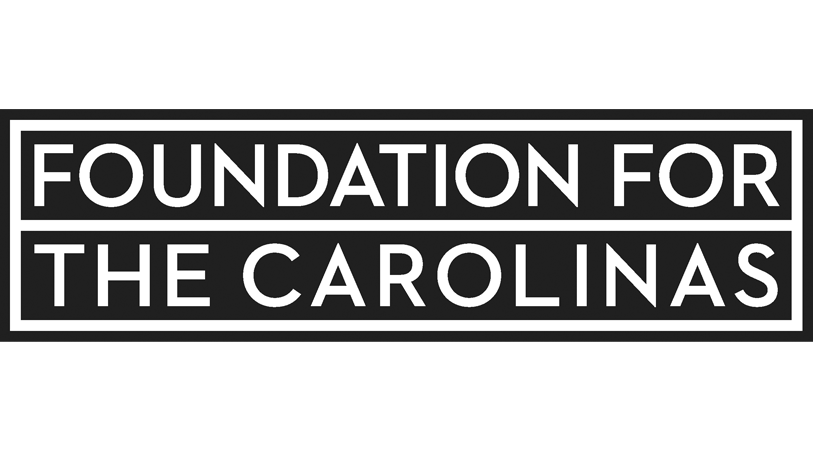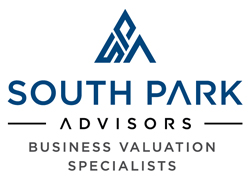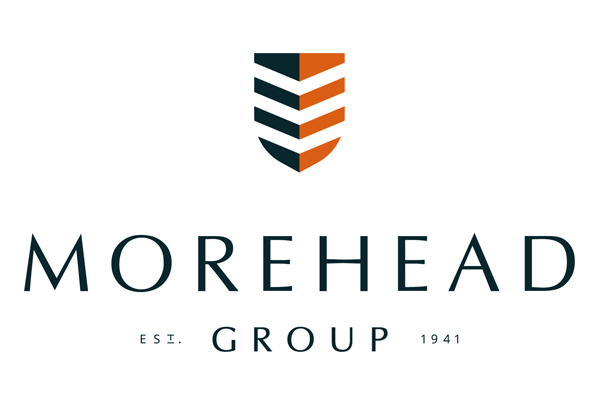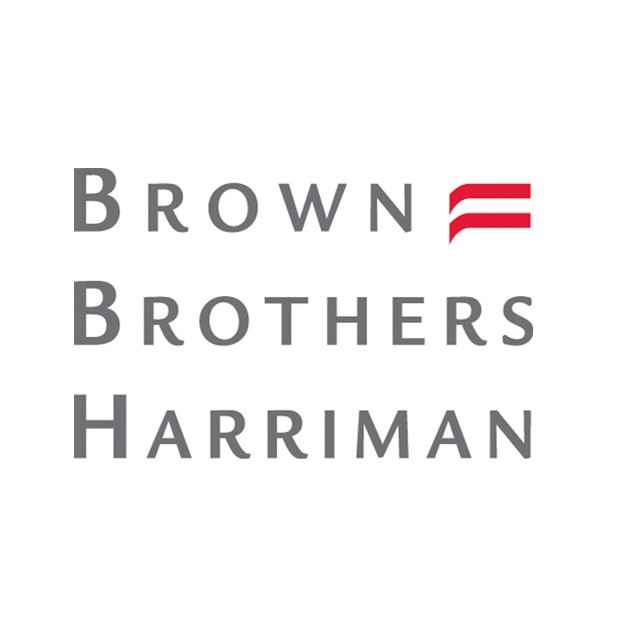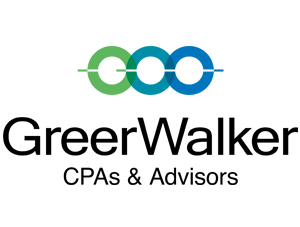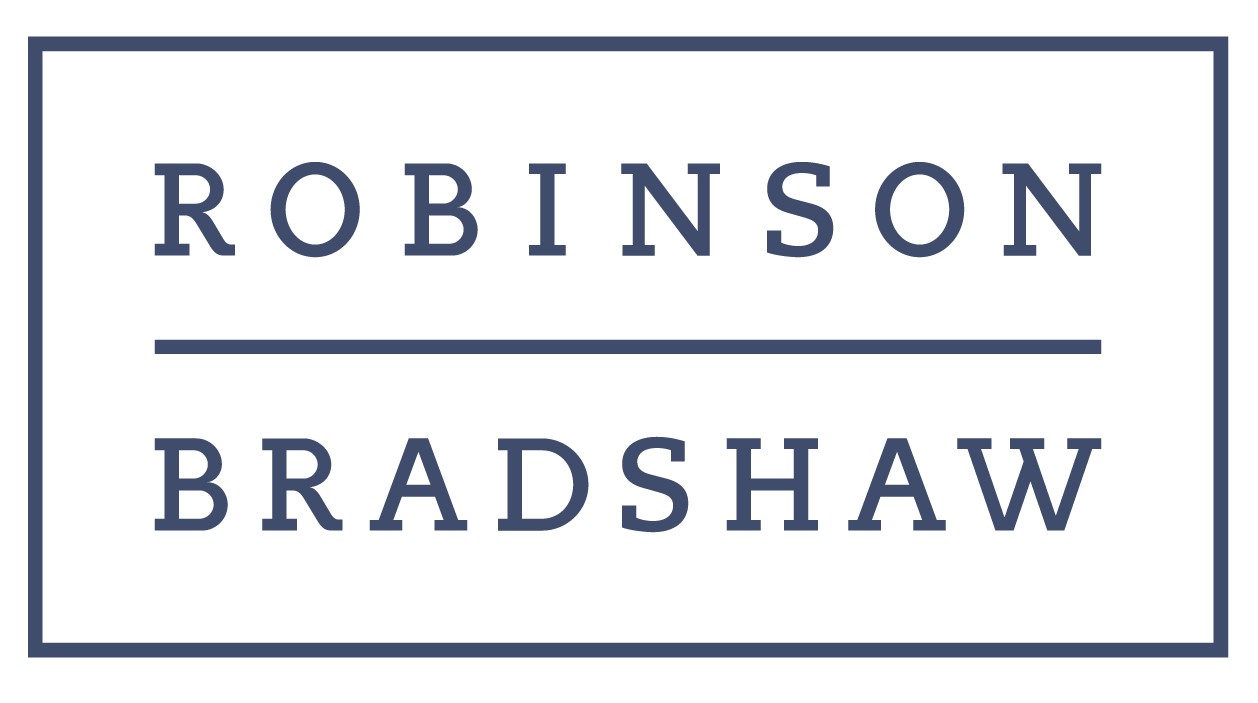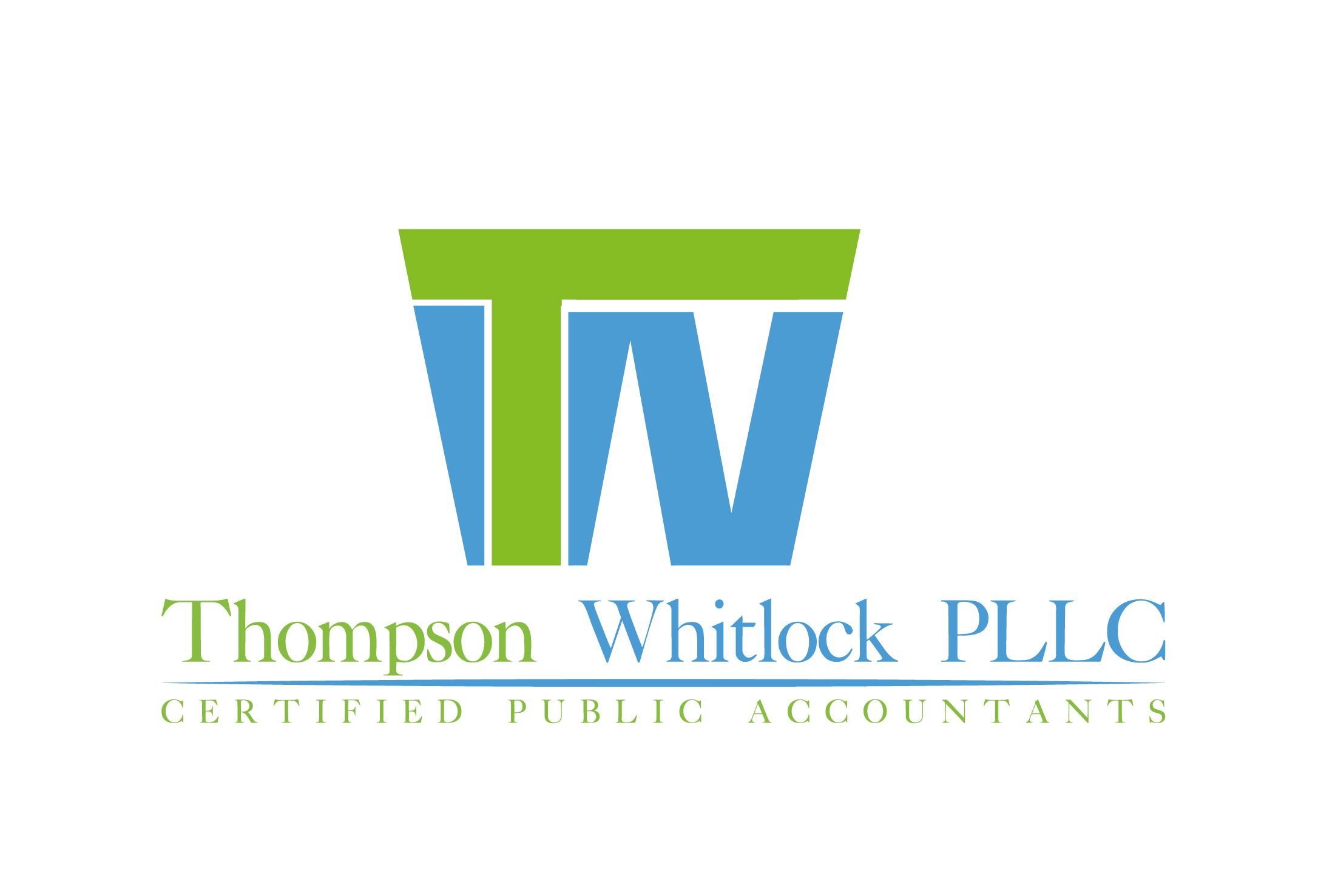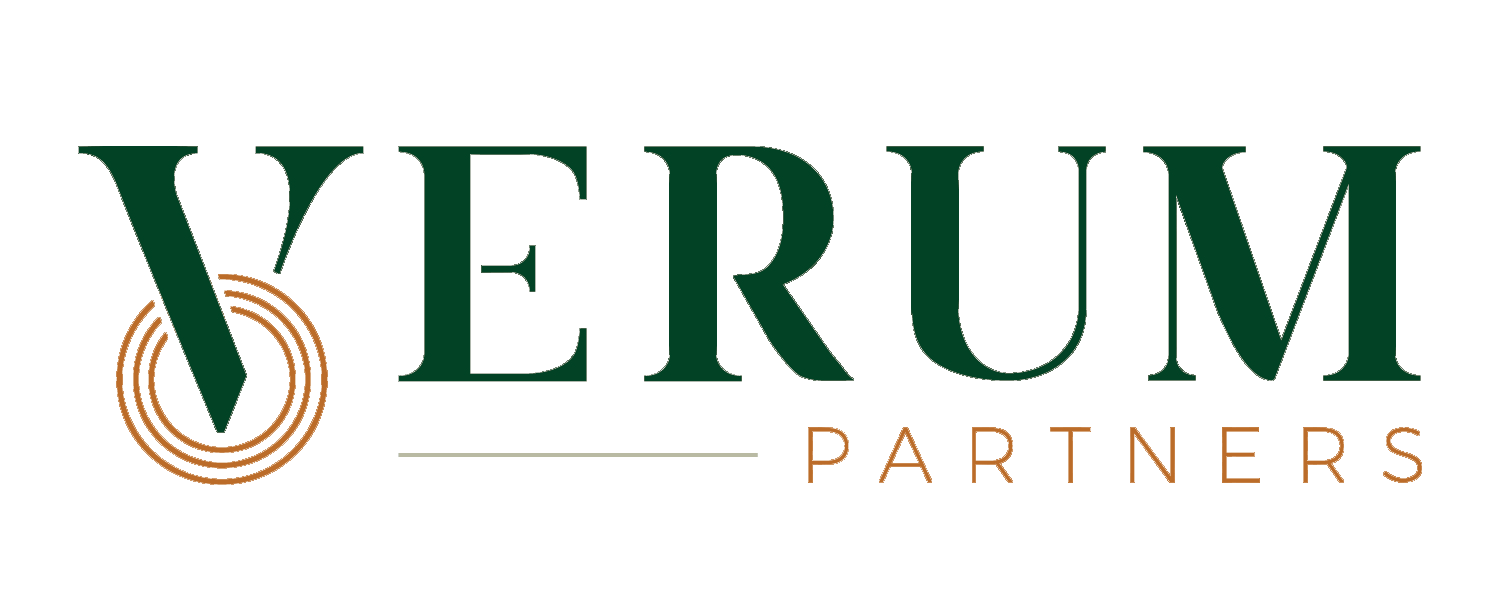“Entrepreneurs & Entities: How to Make the Right Selection for the Right Reasons”
CEPC members recently met at the Canopy SouthPark to learn from Elizabeth Morgan, owner of Elizabeth Morgan & Associates, a boutique law firm based in Austin and focused on international tax, estate, business, and asset protection planning.
Elizabeth kicked off the presentation discussing the importance of entity selection and encouraged attendees to step back and think about what type of structure is needed, not only for today, but for the future as well. She discussed how flow through entities allow aggregation of income and expense on the business owner’s income tax return and how getting clients to understand the differences in these flow through options (general partnerships, limited partnerships, S-corporations, and limited liability companies that elect to be taxed as partnerships) is important.
Another selection is opaque entities that trap income in the entity, protecting the shareholders from tax until income is distributed. It is important for planners to remember regulations for large corporations don’t always apply to smaller businesses, and entrepreneurs will typically lose money the first couple of years, and you don’t want to track the loss through opaque entities. Instead, think utilizing other options such as he Qualified Small Business Stock Exemption (IRC §1202).
When thinking about choice of entity, Elizabeth says to keep it simple and she discussed the Aggregate Theory, which states the partnership is not a distinct legal entity separate from the partners, and the Entity Theory, which state the partnership is a distinct legal entity separate from its partners and there is no real distinction between partnerships, LLCs, and corporations.
Regarding C Corporations, entrepreneurs find these difficult to manage because they can’t fit the required mold of a c-corps (ex: having a board, executive team, bylaws, operational manual, etc.). As estate planners representing entrepreneurs, it is vital to understand who they are and what the mission is at the core. Our job as their planner is to work quickly with them and keep procedures as smooth and simple as possible to keep their goals moving forward.
Discussing limited partnerships (general partner manages the entity and is liable for partnership liability) and limited liability companies (management of the entity if by an outside manager or by members), Elizabeth asked to consider how to make these more protective? A few ideas include establishing entities in protective jurisdictions, drafting an operating agreement to restrict transferability of interest, transfer control away from any creditor exposed owner, or segregate entity assets into separate entities.
Elizabeth then reviewed several structure options including Master Limited Partnership Structure, Centralized Holding Company Structure, and Decentralized Business Structure, before talking about the new corporate transparency act and the reporting regulations which will go into effect on January 1, 2024.
Briefly covering spendthrift trusts, Elizabeth noted spousal lifetime access trusts and to consider using a SLAT in a family business as it can be helpful. While closing out the presentation, Elizabeth commented on how estate planners are essential with helping entrepreneurs and small business work through a lot of regulations and policies which helps keep their capital moving forward and taking some burdens off them so they can focus on their business which will help them but also help their local communities and beyond.
CEPC would like to thank Elizbeth for coming to Charlotte to speak with our members.
